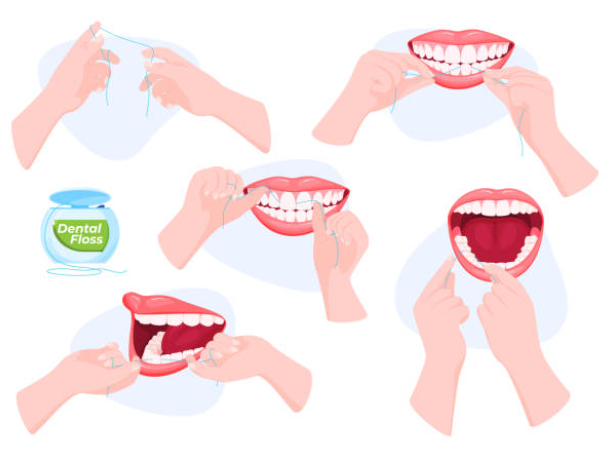How Flossing Can Add Years to Your Life
Are you one of those people who skips flossing every once in a while, thinking it’s not that important? Well, it’s time to change that mindset. Flossing daily not only reduces your risk of gum disease and bad breath but also lowers your risk of heart disease.

Did you know that people who floss daily live on average 1 to 6 years longer than those who only floss the day before their dental appointment? That’s right, adding flossing to your daily routine is a small change that can have a significant impact on your overall health and lifespan.
The reason why flossing is so crucial is that it reduces the build-up of plaque, a thin layer of bacteria that clings to teeth throughout the day. If that plaque is not removed, it can turn into tartar, which can lead to gum disease. Gum disease, also known as periodontitis, has been linked to various health problems such as heart disease, mouth cancers, Alzheimer’s, kidney failure, and diabetes.
While poor flossing habits might not be the direct cause of these diseases, research has shown that there’s a strong correlation between periodontal disease and these ailments. So, if you want to avoid severe gum disease and the associated risks, make sure to floss once a day. It’s a small change that can have a big impact on your health and your life.
To get the maximum benefits from flossing, it is important to use the proper technique. Begin by taking about 18 inches of floss and wind it around each middle finger, leaving an inch or two to work with. Hold the floss tightly between your thumbs and index fingers and slide it gently up and down between your teeth. Make sure to curve the floss around the base of each tooth, going beneath the gum line. Never snap or force the floss as it can cut or bruise delicate gum tissue. It is recommended to use clean sections of floss as you move from tooth to tooth. Finally, use the same back-and-forth motion to remove the floss by bringing it up and away from the teeth.


